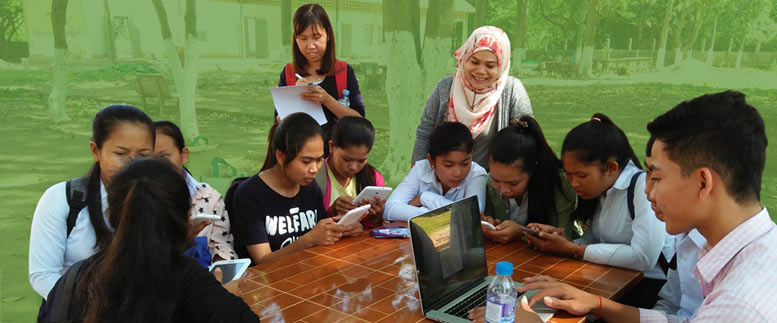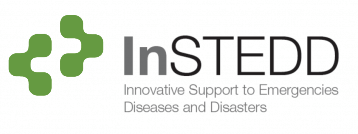
InSTEDD’s iLabs support the shared exploration of solutions to health, safety, and sustainable development problems. The iLabs act as enabling environments for technology transfer and collaboration between software developers, governments, NGOs, universities, private sector companies, local communities, and experts from a variety of disciplines.
Our iLab approach provides the opportunity for a unique blend of the social and technological development spheres, which have traditionally worked on problem solving in isolation from each other, to come together to understand problems. By working collaboratively to explore shared solutions, iLabs foster collaborative engineering practices, multi-disciplinary dialogue, cross-sector partnerships, and entrepreneurial innovation, serving the public good.
The nations, communities, and local organizations we assist know best what their challenges and needs are, and we count on their knowledge and leadership to help develop solutions that address the unique needs of each context. The iLab strategy focuses on user-centered design, agile software development techniques, and creative cross-disciplinary collaboration.
Regional iLabs:
In August 2008, InSTEDD launched the first iLab in Phnom Penh, Cambodia, with the goal of building technological capacity for addressing health, safety, and developmental issues in the Mekong Basin. Representative projects include working closely with Cambodia Communicable Disease Control to strengthen the agency’s internal communication, using InSTEDD’s technology and assisting the National Center for HIV/AIDS, Dermatology, and STD (NCHADS), to develop an appointment reminder system as an extension to their current patient information system.
The iLab Latin America, our second iLab founded in 2011 in Buenos Aires, Argentina, results from a partnership between InSTEDD and Manas, a Buenos Aires-based software development and consulting firm. Our Latin America team is helping NGOs, governments, social entrepreneurs, and other organizations in the region design and use collaboration technology tools to deliver critical services to vulnerable populations, while building and optimizing their technological capacities to support their humanitarian work.
